Introduction
Metrogyl ER Tablet is an antibiotic medication that helps the body fight various infections caused by bacteria and certain parasites. It is commonly prescribed for infections affecting areas like the liver, stomach, intestines, lungs, vagina, brain, skin, bones, and heart.
This medicine is also used to prevent infections that may occur after surgical procedures. Additionally, it can be used for dental infections, pressure sores, and leg ulcers. For best results, it should be taken with food at the same time each day. The exact dose and duration depend on the severity of the condition and should be followed exactly as prescribed by your doctor. Even if symptoms improve, it is important to complete the full course to prevent the infection from returning or becoming resistant. Avoid consuming alcohol while taking this medication and for a few days after stopping it, as it may lead to unpleasant effects like stomach discomfort, nausea, and vomiting.
Common side effects include nausea, headache, a dry mouth, and a metallic taste. These are generally mild and temporary. Sucking on sugar-free lozenges or candies may help relieve dryness or metallic taste. If side effects persist or worsen, consult your doctor.
Before starting this treatment, inform your doctor if you have liver or kidney problems, any nervous system disorders, or allergies to medicines. Pregnant or breastfeeding women should use this medicine only if absolutely necessary and under medical supervision. It can sometimes interfere with certain lab test results, so let healthcare providers know you are taking it.
Uses of Metrogyl ER Tablet
- Management of bacterial infections
- Treatment of parasitic infections
Benefits
Metrogyl ER Tablet is a broad-spectrum antibiotic effective against a wide range of bacterial infections, including those in the brain, lungs, bones, urinary tract, stomach, and intestines. It also helps treat dental infections, gum ulcers, leg ulcers, and certain skin sores. By stopping the growth of harmful bacteria, it helps speed up recovery and prevents the spread of infection.
Even if you feel better within a few days, continue the medication as prescribed to ensure complete elimination of the bacteria and reduce the risk of resistance. It is usually safe for use during pregnancy or breastfeeding when prescribed by a doctor.
Possible Side Effects
- Headache
- Nausea
- Dry mouth
- Metallic taste in the mouth
These effects are usually temporary and subside as the body adjusts to the medicine. Seek medical advice if they become bothersome.
Directions for Use
Swallow the tablet whole with water, preferably after meals. Do not crush, break, or chew the tablet. Take it exactly as directed by your doctor.
How It Works
This antibiotic works by targeting and destroying the DNA of bacteria and parasites, stopping their growth and spread in the body.
Precautions and Safety Information
- Alcohol: Avoid alcohol during treatment and for a few days after stopping the medication, as it may cause side effects like nausea, rapid heartbeat, and flushing.
- Pregnancy: Generally considered safe when prescribed, but always consult your doctor before use during pregnancy.
- Breastfeeding: If taking a single dose, it is advised to pause breastfeeding for 12–24 hours to allow the drug to clear from the system.
- Driving: This medicine may cause dizziness, confusion, or temporary vision problems, which could affect your ability to drive safely.
- Kidney issues: Generally safe for patients with kidney problems, but dialysis patients should take it after their treatment session.
- Liver issues: Those with liver problems may need dosage adjustments, so a doctor’s guidance is important.
Missed Dose
If you forget to take a dose, skip it and take the next one as scheduled. Do not take two doses at the same time.
Vendor Information
- Address:
- No ratings found yet!

























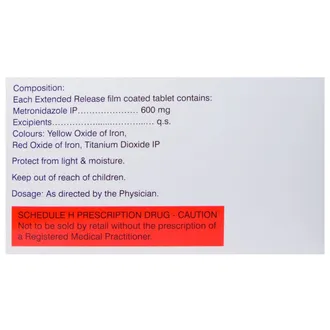

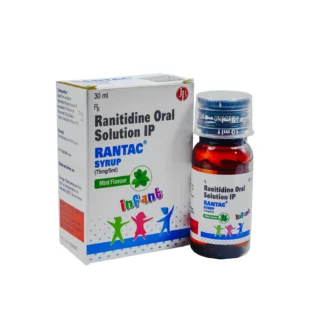
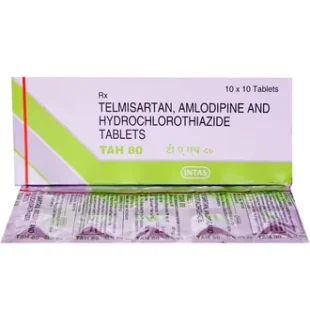
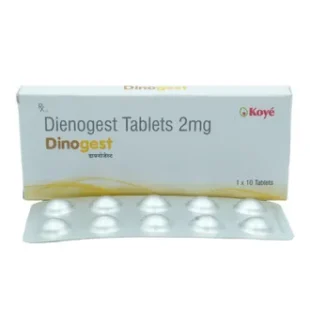
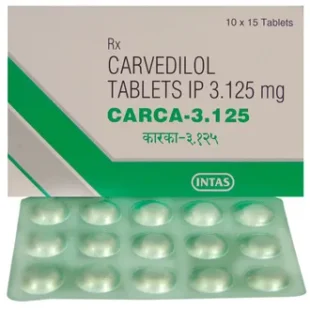
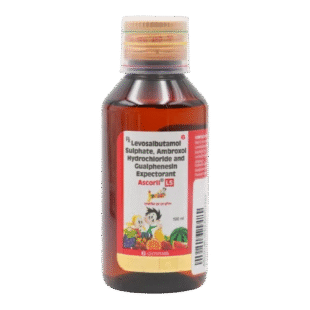
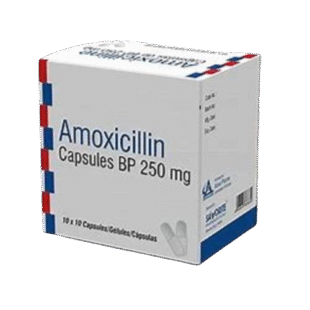
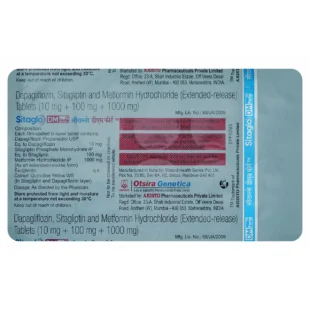
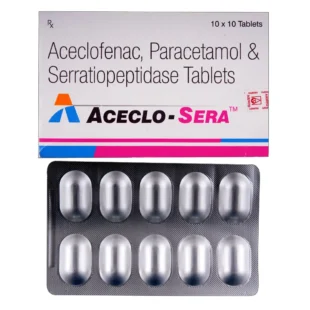
Reviews
There are no reviews yet.